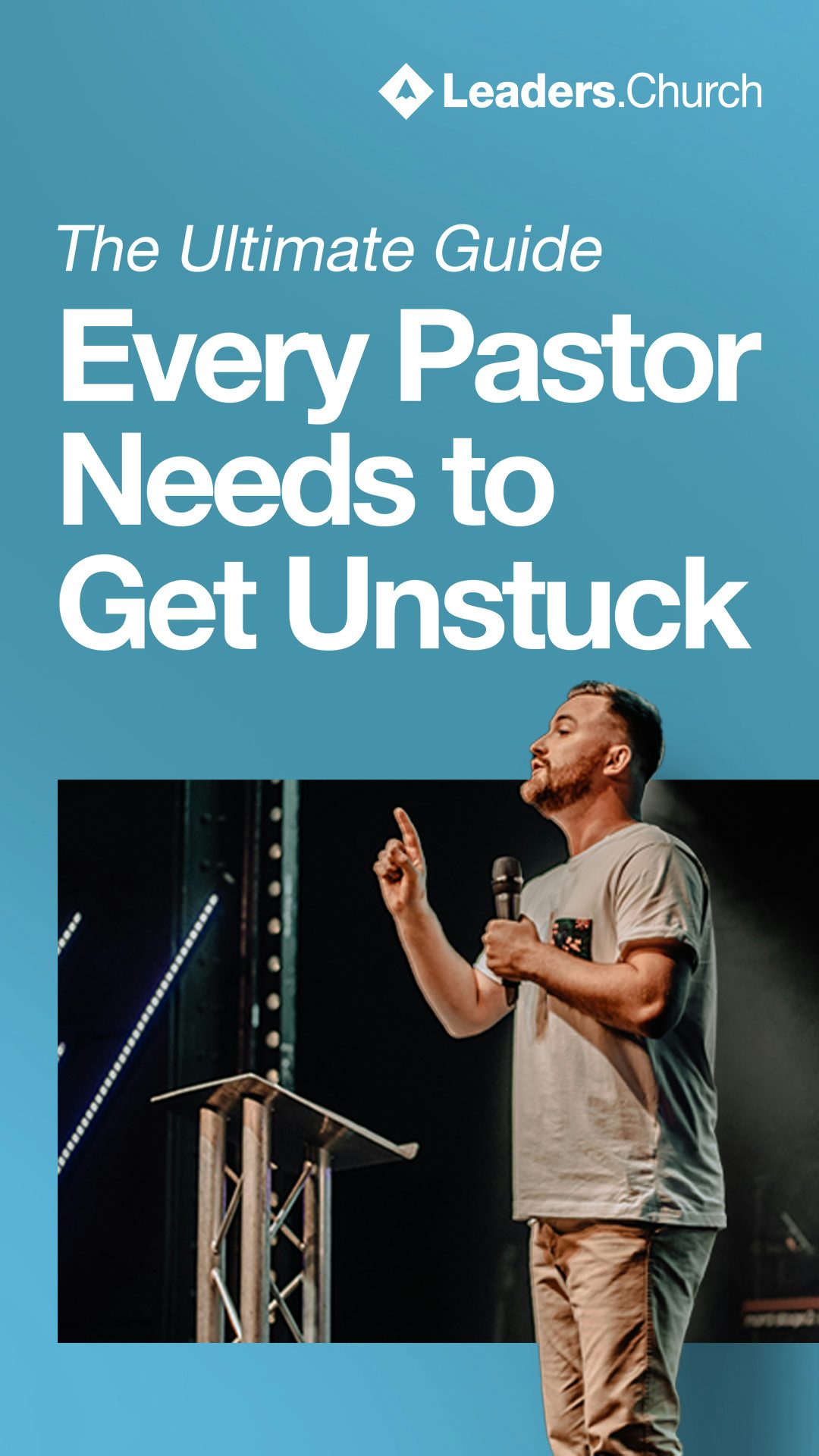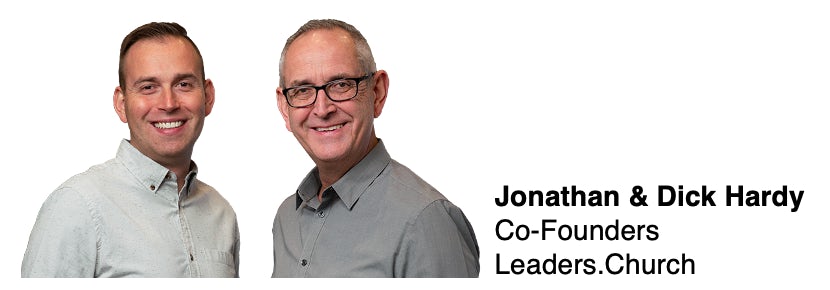
Leveraging AI for Ministry: A New Tool for the Church
The world of ministry is evolving rapidly, and one of the most transformative developments in recent years has been the rise of Artificial Intelligence (AI).
For many churches and pastors, this technology has opened exciting new opportunities to spread the gospel, streamline operations, and engage more deeply with their congregations.
At the same time, AI presents some challenges and ethical considerations that must be carefully navigated.
In this blog, we’ll explore how AI is being used in ministry today, drawing insights from Bobby Gourley, pastor of Chapel in Florence, Alabama.
Bobby has embraced AI as a tool to enhance his church’s outreach while maintaining a strong emphasis on the pastor’s personal role in delivering God’s message.
The Fast-Paced Nature of Ministry and Technology
In ministry, staying ahead of cultural changes can be daunting.
Just a few years ago, pastors had the advantage of seeing trends before they took hold in their communities.
Today, however, culture shifts so quickly that churches often find themselves trying to catch up.
One of the major technological shifts impacting churches is AI, which exploded into public consciousness with the release of tools like ChatGPT.
For many pastors, the introduction of AI has been met with both excitement and apprehension.
Bobby shared how a worship leader he knows used AI to write a worship song in the style of Chris Tomlin within seconds.
This instant creative output, while fascinating, raises concerns about AI’s potential to replace essential elements of ministry, such as sermon writing and personal connection with the congregation.
Yet, Bobby believes AI, when used wisely, can be an incredible asset to ministry.
“AI can help us spread the gospel faster if we use it correctly,” he notes.
AI has already made a positive impact in areas such as humanitarian aid, like using predictive models to ensure food is delivered where it’s most needed during crises.
In the same way, it can be harnessed to advance the work of the church.
Practical Uses of AI in Ministry
At Chapel in Florence, Bobby and his team have begun using AI in several practical ways that save time and money, while extending the reach of their message.
One example is in the production of social media content. Previously, the church paid nearly $1,000 per month for a company to create video clips from their sermons.
Now, with AI tools like https://sermonshots.com, they can upload sermon videos, and the AI generates video clips, captions, discussion questions, and more—all for a fraction of the cost.
Similarly, AI tools like Jasper, a content marketing platform, help churches create Instagram posts and other social media content that aligns with the church’s unique voice and branding.
This allows church staff to focus on more mission-critical work, while AI handles the routine tasks of creating and scheduling posts.
AI has also streamlined sermon preparation.
Bobby shared how he uses ChatGPT to generate YouTube descriptions and summaries of sermons based on his notes.
Before he even preaches on Sunday, the description for that week’s message is ready to go.
This frees up time and allows the church to keep their online platforms active and engaging throughout the week.
The Ethical Considerations: Plagiarism and Integrity
While AI can be a powerful tool for churches, it also raises important ethical questions, especially regarding sermon writing.
Some pastors may worry that using AI for content creation could lead to plagiarism or a loss of authenticity in preaching.
Bobby emphasizes that at Chapel in Florence, they use AI strictly to summarize or enhance their own content—not to create sermons from scratch.
The key, he says, is to use AI to assist in the delivery of the message God has given, not to replace the pastor’s unique voice and calling.
Bobby also offers a word of caution: “Don’t get lazy and let AI do the work of ministry for you.”
AI should be a tool in the pastor’s toolkit, not a substitute for the hard work of preparing sermons, connecting with the congregation, and seeking the Holy Spirit’s guidance.
The temptation to rely too heavily on AI could lead some pastors to lose their sense of personal anointing in ministry, making it essential to maintain a balance between technological assistance and personal effort.
Maximizing Impact While Saving Time and Resources
One of the most exciting aspects of AI in ministry is how it maximizes the impact of a pastor’s message.
Historically, sermons were limited to the church service itself, but today, AI allows churches to extend that message far beyond Sunday morning.
By creating blog posts, video clips, and social media content from a single sermon, pastors can keep their congregation engaged throughout the week and reach a broader audience online.
This shift also means that churches can accomplish more with fewer resources.
As Bobby shared, the ability to reduce costs for social media production while increasing the scope and reach of their content has been a game changer for Chapel in Florence.
The message of the gospel, which used to stay within the walls of the church, can now reach people around the world—24/7.
Final Thoughts: Using AI with Purpose and Caution
As AI continues to develop, it’s clear that it holds enormous potential for ministry. But as with any tool, it must be used thoughtfully and with clear ethical boundaries.
Bobby’s experience at Chapel in Florence demonstrates how AI can help pastors save time and money while expanding their reach and deepening engagement with their congregation.
However, the most important takeaway is this: AI should never replace the human element in ministry.
The personal touch of a pastor, the guidance of the Holy Spirit, and the connection with the congregation are irreplaceable.
AI can help amplify the message, but the heart of ministry remains in the pastor’s calling to deliver God’s word to His people.
In this new era, pastors have an unprecedented opportunity to share the gospel with more people than ever before.
By using AI wisely and responsibly, they can ensure that their message reaches beyond the church walls and into the world—just as Charles Spurgeon’s sermons were printed in the newspaper the day after they were preached, today’s pastors can use AI to spread their messages far and wide, for the glory of God.
Discover what pastors of growing churches do to see massive growth and how you can position your church for the greatest days ahead.
Click here to get immediate access to this free masterclass.



